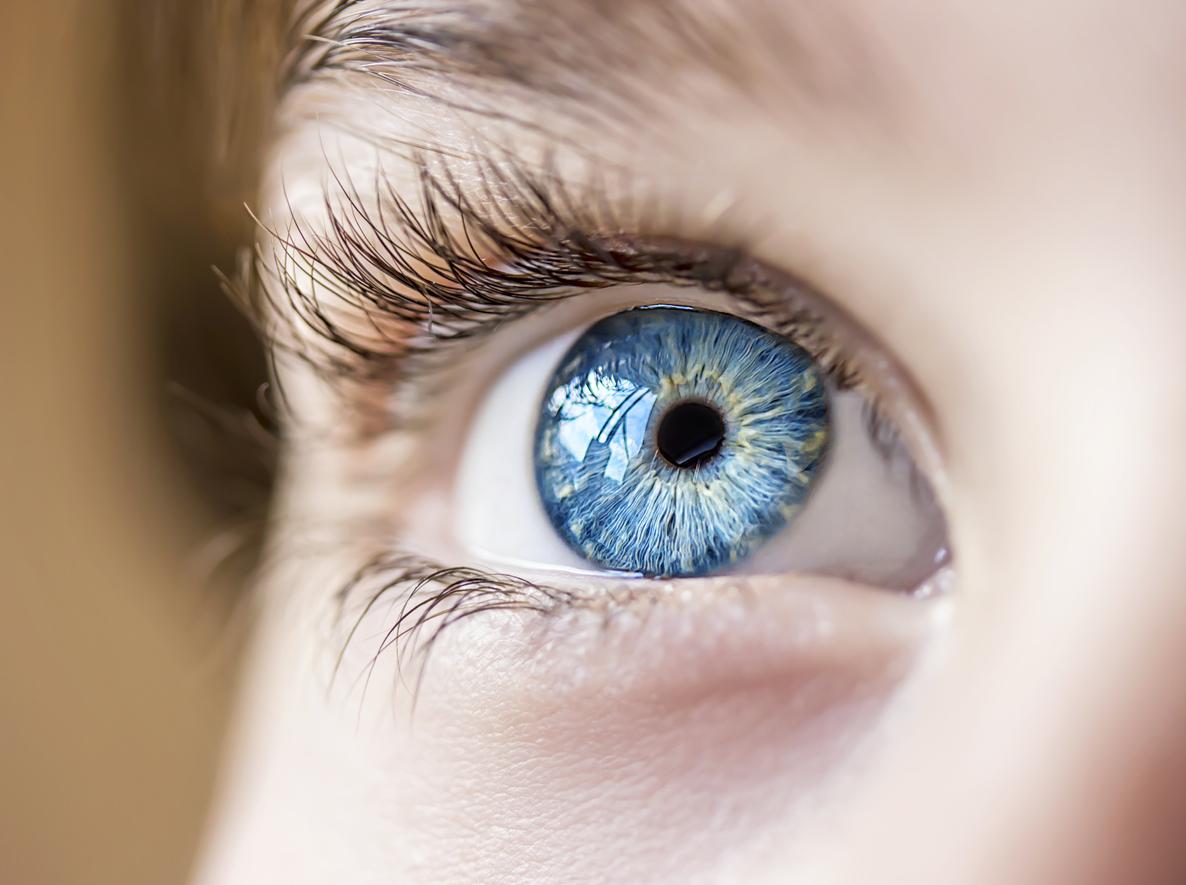Our eyes can help us make decisions. Sometimes their movement is influenced by the choices we make. Explanations.

- The eyes can reflect what is happening in our thoughts.
- Researchers show that eye movements are influenced by the decision-making processes taking place in our brain.
- This phenomenon is observed even when the eyes do not contribute to the choice we make.
They are essential to our daily lives but their role is sometimes mysterious: the eyes. Although they obviously help us see, they can be linked to other functions in the body. In the magazine Communications BiologyJapanese scientists explain that the eyes are sometimes influenced by the decision-making process.
Eyes: better understanding human thought
“Researchers around the world are looking for visible indicators of what’s going on in our minds when we think about problems and make decisionsrecall the authors. They are looking for an opportunity to probe the invisible workings of the mind by monitoring subtle signals from the body.” The work they have just published contributes to the better understanding of these signs.
A decision-making experiment to analyze the role of the eyes
Tohoku University Epic conducted an experiment with a group of participants to perform tests on perceptual decision-making. It refers to decision-making linked to sensory information: for example, hearing a car in the distance makes us choose not to cross. In their experiment, the scientists asked participants to move their eyes and right hand toward targets, but they did not matter to their ongoing perceptual decision-making. “Participants were first instructed to perform a task in which they were asked to decide and report the direction of movement of a visual stimulus briefly presented on the screen., explain the authors. Secondly, the participants then had to carry out a task for which the motor movements of their eyes and hands were not relevant for their decision-making. Comparing the results of the two tasks allowed the research team to identify and measure any effects of decision-making on eye and hand movements, even when these were not relevant to decision-making. decision.
Eye movements are influenced by the decisions we make
“We found that perceptual decision-making interfered with unrelated eye movements, but not with hand movementsexplains Kazumichi Matsumiya. This demonstrates that nerve signals involved in decision-making continually flow through the eye movement system, even when motor actions are not useful for decision-making.” More simply, this means that eye movements that are not linked to the visual signals necessary for decision-making are affected by this process.
Decision making: how can understanding eye movement be useful?
For researchers, this work could contribute to the development of new technologies capable of detecting when decision-making tasks are carried out, even when this does not involve any eye movement. “This could also be used in more practical applications, such as controlling attention during crucial tasks involving making important decisions, develop the authors. For example, it can be useful for mental care, dementia management and crime prevention.”















